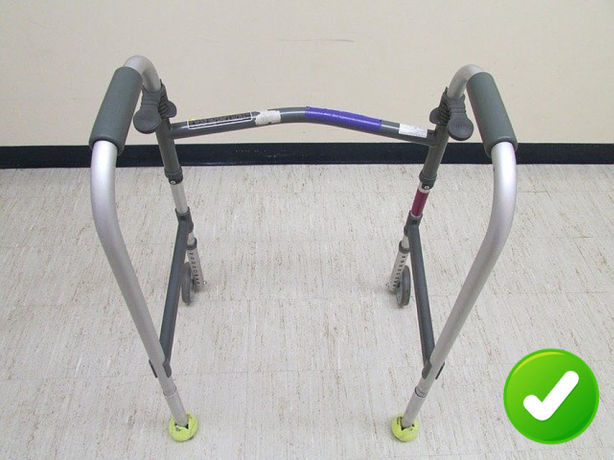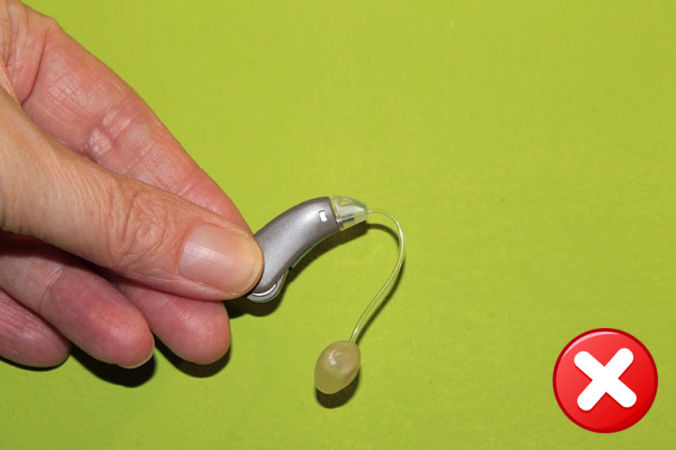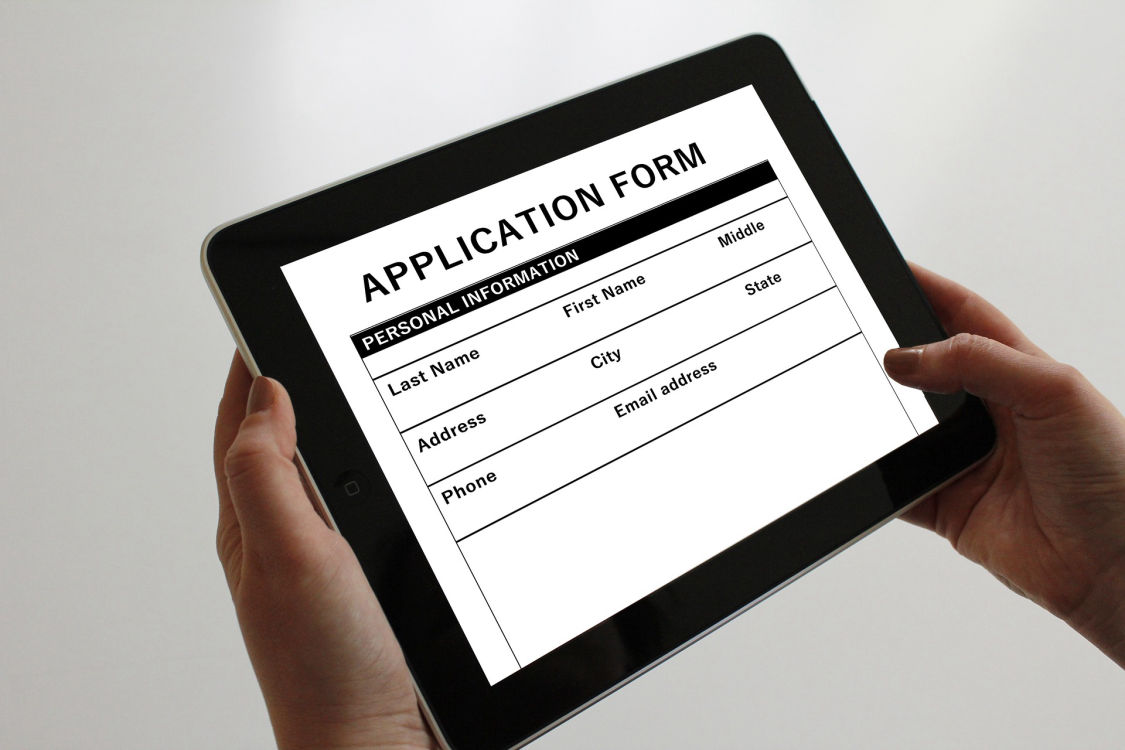
How does Medicare Part A Work?
Medicare Part A was first signed into law in 1965 to provide healthcare for US citizens over 65 years of age. Medicare Part A was one among the two part of Original Medicare. In 1966 Medicare Part A became effective for more that 19 million US citizens. Medicare Part A was introduced to provide inpatient hospital services. Inpatient services include most of the services you receive when are hospitalized such as hospital stays, meals, lab services, diagnostic services, and more. For most people, monthly premium for Part A is $0 for beneficiaries or their spouses worked more than 10 years (40 quarters) and payed Medicare taxes.
















